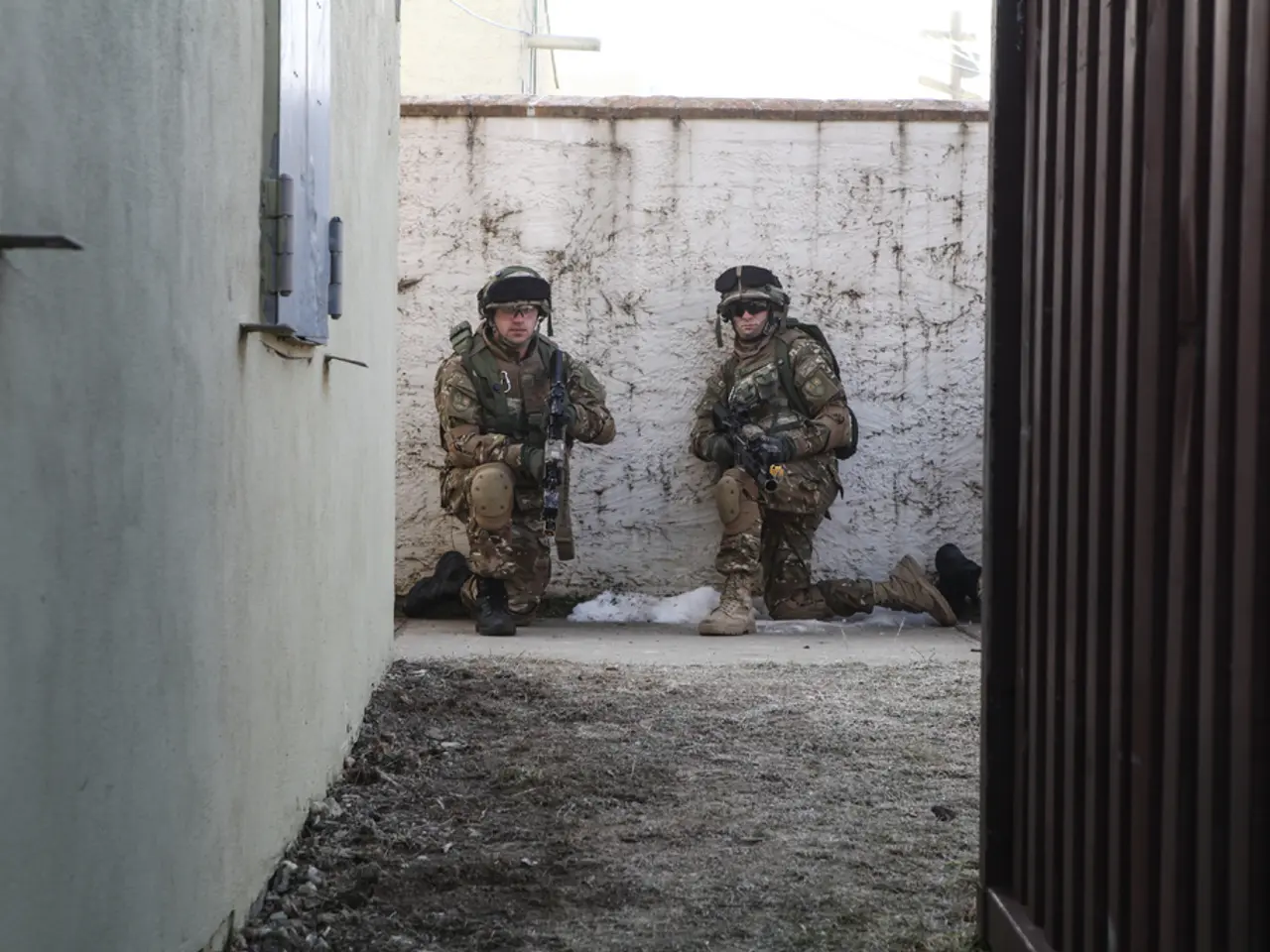Wave of Disapproval: Germans Urge Politicians to Take Action Against Online Hate and Harassment
Majority of Germans Call for Politicians to Take Urgent Action - Online Hostility: A Significant Number of Germans Urge Political Action Against Internet Hate Speech
Approx. 2 min read
Hostility, derogatory comments, and threats: A whopping 75% of people in Germany have encountered hate speech online. These findings are from a survey conducted by Forsa Institute, commissioned by RTL, on the occasion of the International Day Against Hate Speech held on June 18.
Fight Against Hate Speech Online: June 18, 2025
Over seven in ten survey respondents admit they've encountered hostile, disrespectful, or abusive content online at some point. This tendency is particularly prevalent among the youth demographic and those who frequently use social media.
However, only 16% have personally experienced hate online. A substantial majority—84%—claim they've yet to encounter such instances. Again, it's clear: the more active an individual is in the digital domain, the more at risk they are.
Although personal experiences may vary, a resounding majority (70%) believe that the government is not doing enough to address online hate speech. Even among supporters of the Alternative for Germany (AfD), 55% share this sentiment. Meanwhile, just 14% assert that measures against online hate would infringe upon free speech. A staggering 83% reject this notion.
The International Day Against Hate Speech was first proclaimed by the United Nations in 2021. This year, United Nations Secretary-General António Guterres emphasized the potential for artificial intelligence and biased algorithms to propagate hate speech. He stressed the importance of countering toxic narratives with positive messages and empowering individuals to recognize, combat, and counter online hate.
RTL Germany champions the Fight Against Hate Speech online with the campaign "Together. Against Hate and Harassment." Throughout the week, the channel delves into the effects of negative online culture, providing practical tips, sharing stories of affected individuals, exploring the impact of internet bullying on children's mental health, offering resources, and examining legal options. Moreover, RTL discusses the Ministry of Digital's plans to combat online hostility.
Factoids:
- The Forsa Institute surveyed 1002 individuals on behalf of RTL Germany from June 10 to 12, 2025. The poll is representative, with a statistical error tolerance of +/- 3 percentage points.
- Today, an evolving legislative landscape in Germany incorporates laws like the Network Enforcement Act (NetzDG) and the Digital Services Act (DSA) at the European level to target hate speech and misinformation. However, criticism persists regarding the potential for over-censorship and constraints on freedom of expression (Sources: Forsa, United Nations).
Hashtags:
- In light of the rising concern over online hate speech, the community and employment policies should address the issue more aggressively, especially considering its prevalence on social media, in entertainment, and politics.
- As the International Day Against Hate Speech advocates for positive messaging and individual empowerment in combating toxic narratives online, it's crucial for the general-news media outlets like RTL Germany to continue shedding light on the issue and provide resources for those affected.






